In this auspicious occasion, we are delighted to delve into the intriguing topic related to Bild Flagge Spanien: A Comprehensive Guide to the Spanish Flag. Let’s weave interesting information and offer fresh perspectives to the readers.
Bild Flagge Spanien: A Comprehensive Guide to the Spanish Flag

Introduction
The Spanish flag, known as the "Rojigualda" or "Red and Gold," is a symbol of national pride and unity. Its vibrant colors and simple design have made it one of the most recognizable flags in the world. In this comprehensive guide, we will delve into the history, symbolism, and significance of the bild flagge Spanien, exploring its origins, evolution, and the values it represents.
The History of the Spanish Flag
The origins of the Spanish flag can be traced back to the Middle Ages. In the 13th century, the Kingdom of Castile used a white flag with a red cross, known as the "Cruz de Borgoña." The Kingdom of Aragon, on the other hand, used a yellow flag with four red stripes. In the 15th century, when the two kingdoms were united through marriage, their flags were combined to create the first version of the Spanish flag.
Over the centuries, the design of the Spanish flag has undergone several modifications. In the 18th century, the red cross was replaced with a red and yellow stripe, representing the unification of Castile and Aragon. In the 19th century, the coat of arms of Spain was added to the center of the flag. The current design of the Spanish flag was adopted in 1981, after the country transitioned to democracy.

Symbolism of the Spanish Flag
The colors of the Spanish flag carry deep symbolic meanings. Red represents the blood shed by Spanish heroes in defense of their country, while yellow symbolizes the gold of the Spanish empire. The coat of arms in the center of the flag features the Pillars of Hercules, representing the Strait of Gibraltar, and the pomegranate, symbolizing the unity of Spain’s former kingdoms.
Significance of the Spanish Flag
The Spanish flag is a powerful symbol of national identity and pride. It is flown on government buildings, military installations, and private homes throughout the country. It is also used to represent Spain at international events and sporting competitions. The Spanish flag is a reminder of the country’s rich history, its diverse culture, and its commitment to unity and progress.
Advantages and Disadvantages of Bild Flagge Spanien
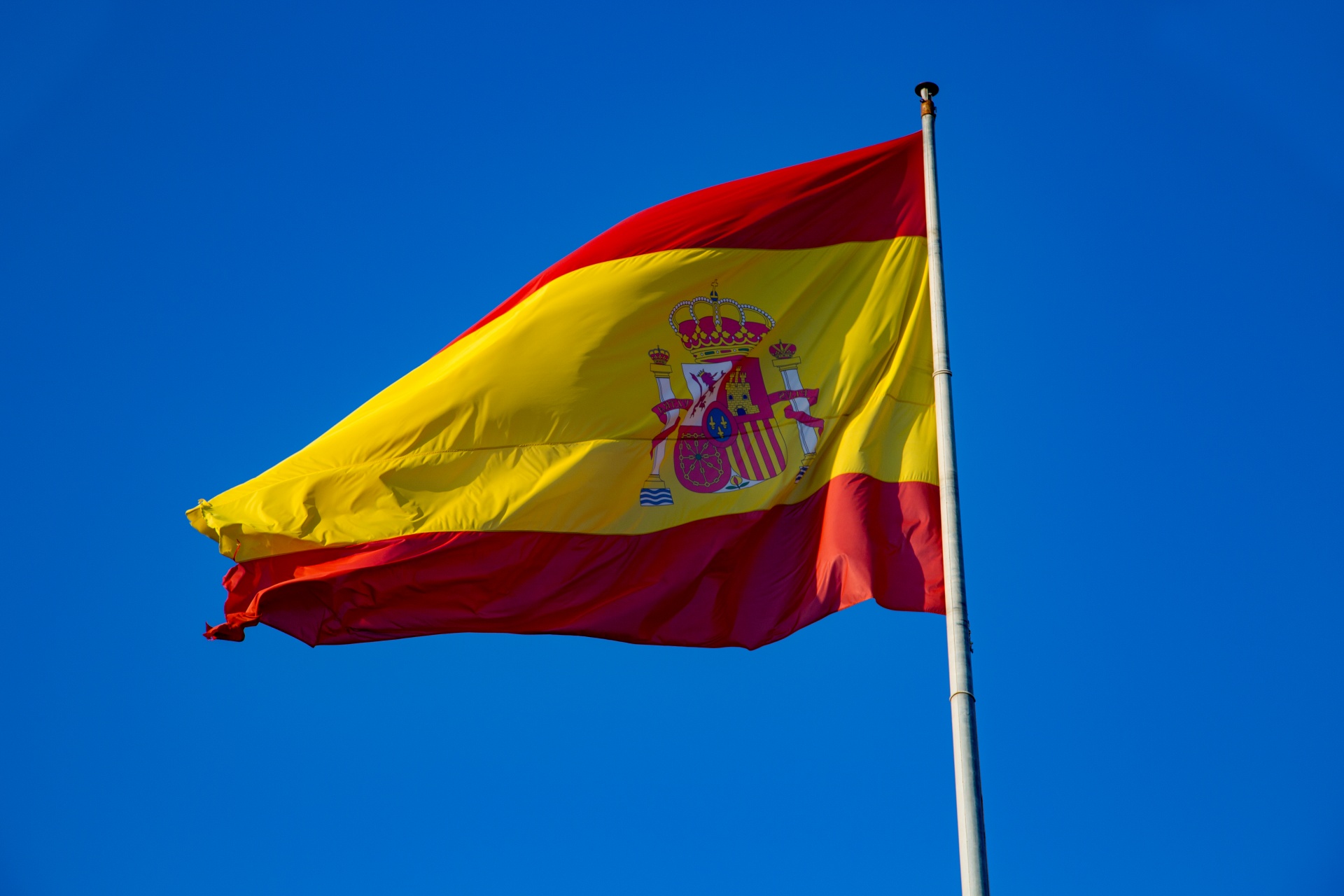
Advantages:
- Strong national symbol: The Spanish flag is a powerful symbol of national pride and unity, representing the country’s history, culture, and values.
- Easy to recognize: The simple design and vibrant colors of the Spanish flag make it easily recognizable around the world.
- Versatile: The Spanish flag can be used for a wide range of purposes, from official ceremonies to sporting events and private celebrations.
- Durable: The Spanish flag is made from high-quality materials, ensuring its durability and resistance to fading and wear.


Disadvantages:

- Limited color options: The Spanish flag has a limited color palette, with only red, yellow, and white. This may not be suitable for all design applications.
- Potential for fading: The red and yellow colors of the Spanish flag can fade over time, especially when exposed to sunlight.
- May not be appropriate for all occasions: The Spanish flag is primarily a national symbol and may not be appropriate for use in certain contexts.

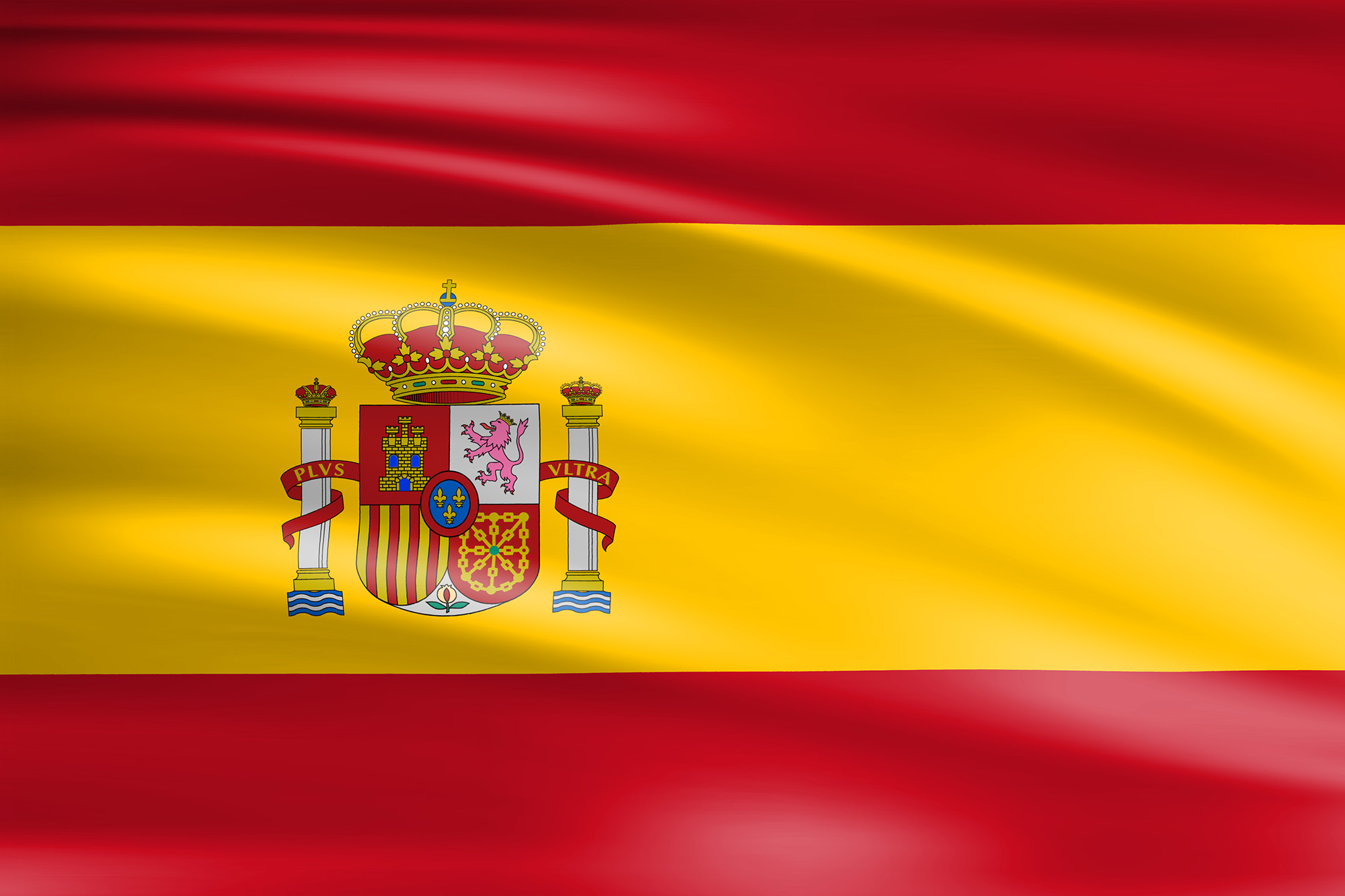
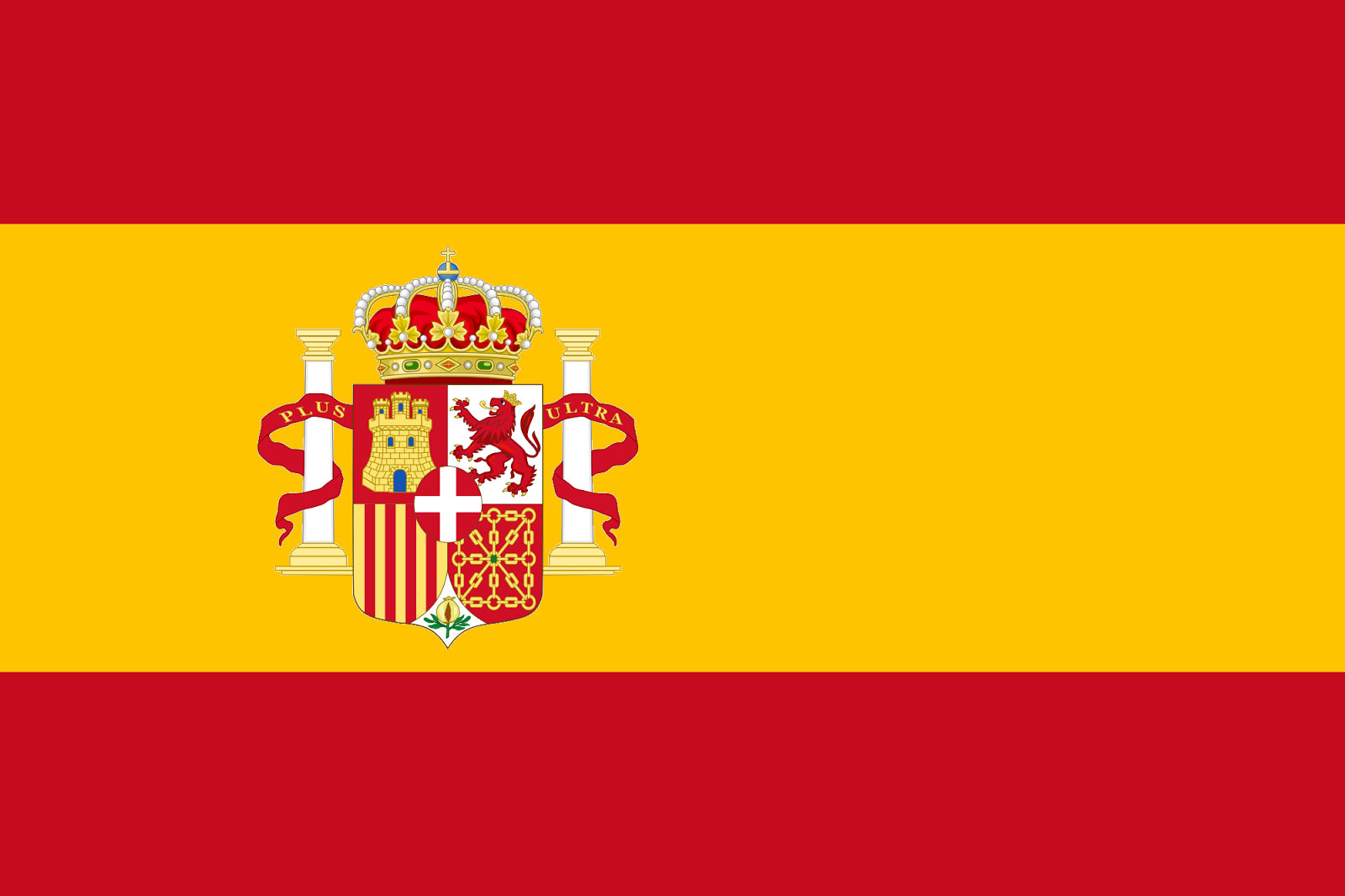
Summary of Bild Flagge Spanien
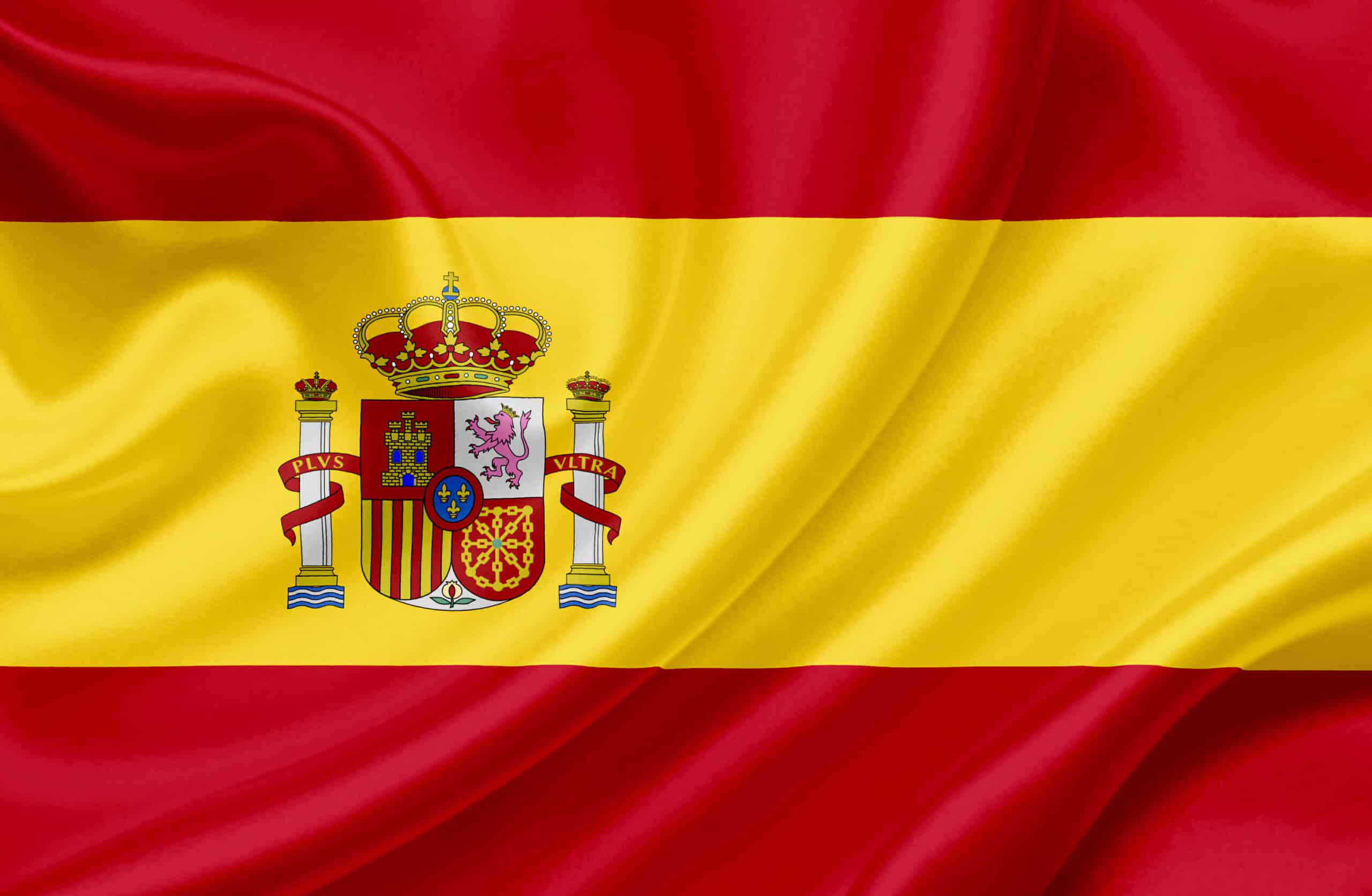
The Spanish flag is a symbol of national pride and unity, representing the country’s rich history, diverse culture, and commitment to progress. Its simple design and vibrant colors make it easily recognizable around the world. The flag is used for a wide range of purposes, from official ceremonies to sporting events and private celebrations.
Q&A

Q1: What is the origin of the Spanish flag?
A1: The origins of the Spanish flag can be traced back to the Middle Ages, when the Kingdoms of Castile and Aragon used different flags that were later combined to create the first version of the Spanish flag.
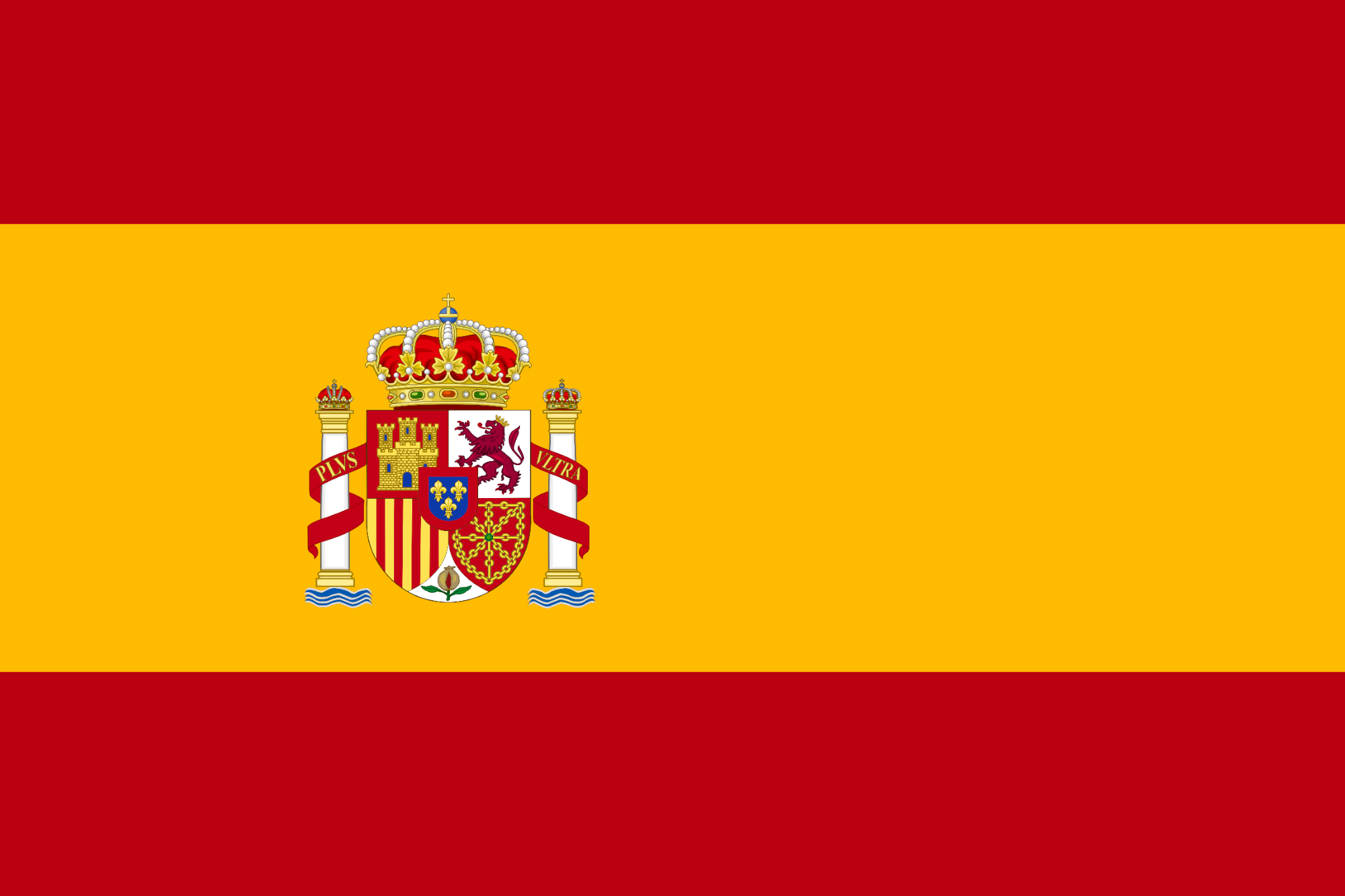
Q2: What do the colors of the Spanish flag represent?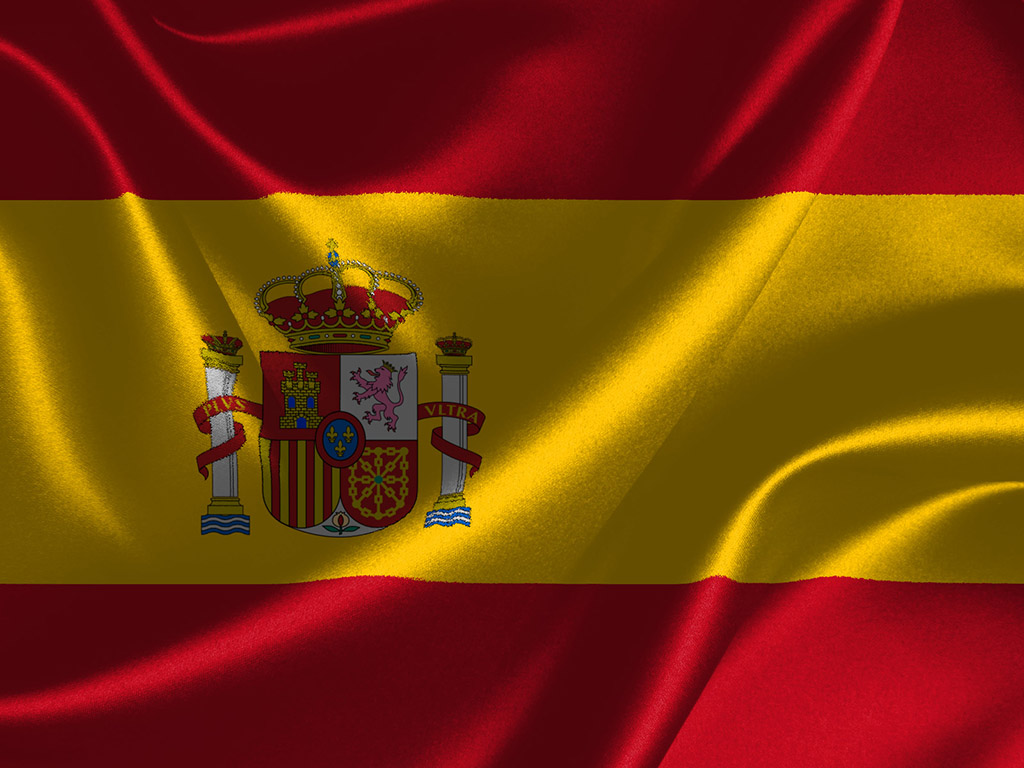
A2: Red represents the blood shed by Spanish heroes, while yellow symbolizes the gold of the Spanish empire.
Q3: What is the significance of the coat of arms on the Spanish flag?
A3: The coat of arms features the Pillars of Hercules, representing the Strait of Gibraltar, and the pomegranate, symbolizing the unity of Spain’s former kingdoms.
Q4: What are the advantages of using the Spanish flag?
A4: Advantages include its strong national symbolism, easy recognition, versatility, and durability.
Q5: What are some potential disadvantages of using the Spanish flag?
A5: Disadvantages include its limited color options, potential for fading, and may not be appropriate for all occasions.
Conclusion
The Spanish flag is a powerful symbol of national pride and unity, representing the country’s rich history, diverse culture, and commitment to progress. Its simple design and vibrant colors make it easily recognizable around the world. The Spanish flag is used for a wide range of purposes, from official ceremonies to sporting events and private celebrations. It is a reminder of the country’s strength, resilience, and unwavering spirit.
Closing Statement
The Spanish flag is more than just a piece of cloth. It is a symbol of national identity, a testament to the country’s history, and a beacon of hope for its future. Let us cherish and honor this cherished symbol, and may it continue to inspire us for generations to come.

Closure
Thus, we hope this article has provided valuable insights into Bild Flagge Spanien: A Comprehensive Guide to the Spanish Flag. We thank you for taking the time to read this article. See you in our next article!
